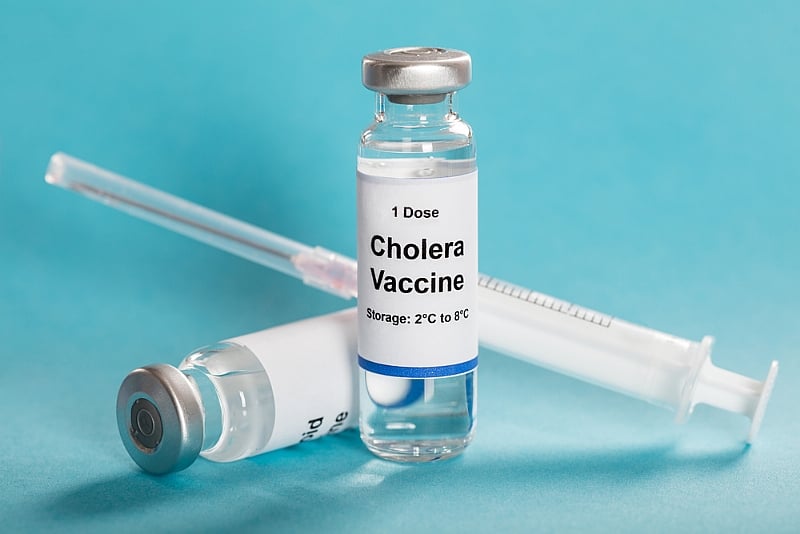Paragraph 1: Cholera Outbreak and Vaccination Campaign in Ghana
The Ghana Health Service (GHS) has initiated a robust response to combat a cholera outbreak in the Central Region, specifically targeting the Effutu and Agona Swedru areas. A total of 408 personnel have been deployed to administer oral cholera vaccines to residents. This proactive measure aims to mitigate the spread of the disease, which is often associated with poor sanitation and contaminated water sources. The vaccination campaign is a critical step in protecting vulnerable populations and curbing the outbreak’s impact.
Paragraph 2: Health Promotion and Community Engagement
The GHS recognizes that vaccination alone is not sufficient to address the root causes of cholera. Alongside the vaccination efforts, a comprehensive health promotion campaign is being implemented to educate communities about preventive measures. This education focuses on the importance of sanitation, hygiene practices, and safe water consumption. Professor Samuel Kaba Akoriyea, Director General of the GHS, emphasized the importance of this holistic approach, stating that "prevention is better than cure." This integrated strategy aims to empower communities to take ownership of their health and contribute to long-term solutions.
Paragraph 3: Regional Clean-up Initiative and Enforcement of By-laws
To complement the vaccination drive and health education, the Central Regional Minister, Ekow Panyi Okyere Eduamoah, has instituted mandatory monthly clean-up exercises throughout the region. Starting on March 1, 2025, these exercises will involve active participation from all community members and institutions. This initiative demonstrates a commitment to addressing the environmental factors that contribute to cholera transmission. The Minister emphasized the compulsory nature of these clean-ups and the importance of enforcing existing by-laws related to sanitation.
Paragraph 4: Strengthening Sanitation By-Laws and Community Compliance
The existing by-laws regarding sanitation are designed to promote cleanliness and prevent public health hazards. However, insufficient enforcement has hindered their effectiveness. The Regional Minister’s directive emphasizes the need for stricter implementation of these by-laws to hold individuals and communities accountable for maintaining hygienic environments. This includes imposing penalties on those who fail to comply with sanitation regulations. The goal is to create a culture of cleanliness and responsibility to prevent future outbreaks of cholera and other diseases related to poor sanitation.
Paragraph 5: Behavioral Change and Long-Term Impact
The combined efforts of the vaccination campaign, health education, and mandatory clean-up exercises represent a multi-pronged approach to tackling the cholera outbreak and preventing future occurrences. These initiatives are not only aimed at addressing the immediate crisis but also at fostering lasting behavioral change within communities. By promoting hygiene practices, enforcing sanitation regulations, and empowering individuals to take responsibility for their environment, the GHS and regional authorities strive to create healthier and more resilient communities in the long term.
Paragraph 6: Collaboration and Sustainable Solutions
Combating cholera effectively requires collaboration among various stakeholders, including government agencies, healthcare providers, community leaders, and residents. The combined efforts of the GHS, regional authorities, and community members demonstrate a shared commitment to addressing the underlying causes of the outbreak and preventing future occurrences. By working together to implement sustainable solutions, these stakeholders aim to improve public health and create healthier living environments for all residents of the Central Region.














